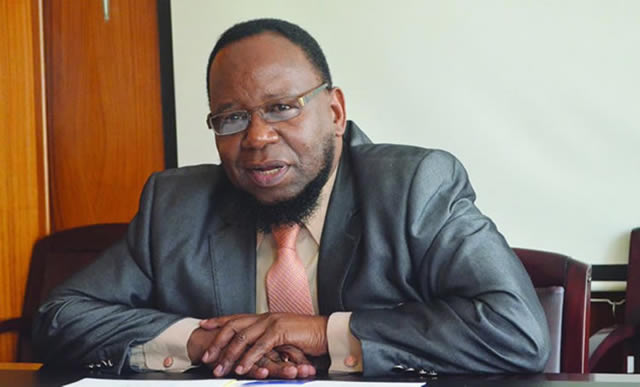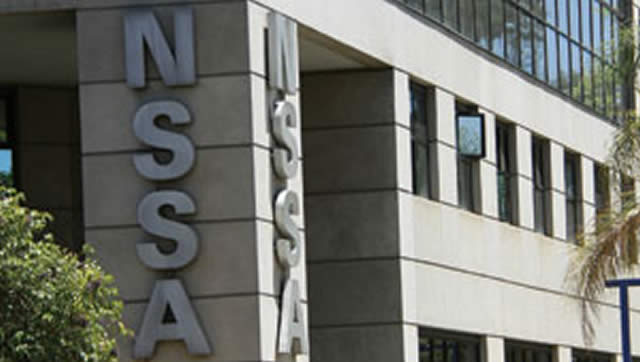$20m boost for education

Abigail Mawonde Herald Correspondent—
ZIMBABWE’S education sector has received a major boost after the Global Partnership for Education last week approved a $20,6 million grant for primary and secondary education that is expected to improve access to quality education. Primary and Secondary Education Minister Dr Lazarus Dokora announced the package at a Press conference in Harare last Friday.
“The Ministry of Primary and Secondary Education continues to work assiduously to meet the goals of our new skills-based Curriculum Framework 2015-2022. “The Education Sector Strategic Plan 2016-2020 as guided by the Zimbabwe Agenda for Sustainable Socio-Economic Transformation blueprint and the 10-Point Plan, carries the burden of the new education policy to mobilise resources from as wide as possible,” he said.
“Consequently, it is my pleasure to announce today (Friday) that, in Siem Reap, Cambodia, the Board of Directors of the Global Partnership for Education (GPE) has approved a $20,6 million grant for primary and secondary education in Zimbabwe.”
The grant, which runs for four years, will also target improving the performance levels of learners, especially the more than one million orphans and other vulnerable groups.
Dr Dokora quoted remarks by GPE chief executive officer Ms Alice Albright, who applauded the developments registered so far by the country’s education sector. Ms Albright said: “Zimbabwe has made encouraging progress in its education outcomes in recent years. With this grant, the Global Partnership for Education is pleased to continue to help Zimbabwe build on its growing commitment to give all its children the quality schooling they deserve.”
Dr Dokora said the grant would help the ministry in further strengthening the education system, promoting equity and improving learning outcomes.
He said the grant would specifically support learners with special needs, non-formal access to education, teacher professional development, production and distribution of learning materials for the most disadvantaged schools and introduction of assessment systems from early childhood development level to last year of secondary school.
“The GPE grant funding will also be used to strengthen leadership and institutional capacity, management and research competences for personnel to ensure better planning, data use and evidence-based decision-making at both national and sub-national levels.
Dr Dokora said the country intended to apply for another grant. “Zimbabwe is eligible for an additional grant of $8,8 million, which represents the results-based second component of the allocation made by the GPE Board,” he said.
“The country intends to apply for this portion, which will include specific indicators for improvements in equity, learning and efficiency, in 2017,” he said. Zimbabwe joined the GPE in 2013 and received a GPE grant of $23,6 million to support the implementation of its education sector plan for 2013 to 2016.
United Nations Children’s Fund is GPE’s “grant agent” in Zimbabwe and the UK Department of International Development are the GPE coordinating agency in the country. Dr Dokora said the previous funding enabled Zimbabwe to boost learning outcomes in basic education by training more than 23 000 teachers in the use of early reading materials and more than 28 000 teachers in the use of the Performance Lag Address Programme.
He said the funding also enabled the country to capture teacher qualification data electronically – Teacher Development Information Systems – and train provincial and cluster supervisors in the use of teacher professional standards.
“While the grant is appreciated, the resources at the disposal of the ministry continue to fall far short of our needs to effectively implement the new Curriculum Framework,” said Dr Dokora.
“We hope more funding will be secured in the future, especially from the fiscus, so that there is timeous implementation of all aspects of the new curriculum now proceeding according to schedule, into Phase 2 in 2017,” said Dr Dokora.










Comments